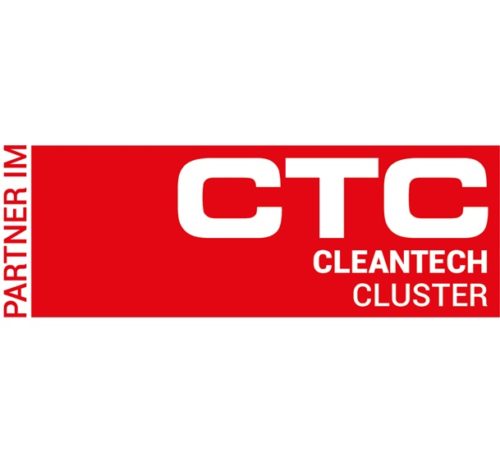Whistleblowing reporting systems
We help with implementation and processing!
Pre-emptive rights give shareholders the right to buy another shareholder’s share if certain conditions occur, for example, a shareholder’s insolvency. Such pre-emptive right clauses are common practice; under no circumstances should an unwanted third party enter the company through a sale in bankruptcy. They protect the existing shareholders so that they can remain “among themselves” and no third parties can become part of the shareholder group without the consent of the other shareholders.
The admissibility of such rights of pre-emption in the case of the insolvency of a shareholder was quite controversial. In an eagerly awaited decision (6 Ob 64/20k), the Supreme Court of Justice finally made it clear that pre-emptive rights on shares in the case of a shareholder’s insolvency are legal. However, the amount of severance payment must not be indecent.
However, it is precisely the equal treatment of cases of withdrawal that causes considerable problems in practice: in fact, many articles of association not only provide for a large number of different cases of withdrawal (e.g. exclusion of a shareholder due to important reason, death of a partner, voluntary withdrawal of a shareholder), but also for diverging compensations for these different cases of withdrawal. For example, many articles of association provide for a standard deduction of 20% of the market value in the event of insolvency, and in practice there are often even greater deductions in the event of the voluntary withdrawal of a shareholder.
Therefore, due to the Supreme Court rulings, it was initially unclear to what extent the required “equal treatment” of the cases of withdrawal extends: Do all cases of withdrawal under the articles of association have to have the same amount of deduction? Are cases such as the voluntary transfer of shares also covered by the equal treatment?
The Supreme Court has now finally clarified this issue (6 Ob 86/21x): Equal treatment indeed applies to all cases of a change of shareholders, which makes it inadmissible if the transfer price agreed for pre-emptive rights does not apply to cases of change of shareholders not affected by pre-emptive rights and could therefore be agreed differently.
The consequences of these two Supreme Court decisions for existing articles of associations are far-reaching: rarely (if ever) have articles of association been drafted in such a way that the price reduction provided for in the event of insolvency is also provided for all cases of change of shareholders (including the voluntary sale of shares). If the price reductions are different, there is a risk of (partial) nullity and thus the invalidity of the corresponding regulation. Furthermore, it has to be ensured that the withdrawal cases agreed in the articles of association comply with the criteria of equal treatment outlined by judicature.
In our opinion: yes, albeit very limited; for example, in the event of the death of a partner. In this case, however, it must be ensured that the heirs and those entitled to a compulsory portion are provided for in a will. To prevent later disputes within the family, it is advisable to coordinate the articles of associations and the (inheritance) succession plan for the company.
Articles of association are to be reviewed and adjusted with regard to the specific design of pre-emptive rights so that there is no rude awakening.
Our experts Daniela Huemer and Alexander Müller from the Corporate and Company Law team will be happy to answer any further questions you may have on this topic. In addition, a detailed article on this topic will be published shortly in a specialist journal.
This article provides only general information and does not replace legal advice. Haslinger / Nagele
Rechtsanwälte GmbH assumes no liability for the content and correctness of this contribution.
24. November 2021






